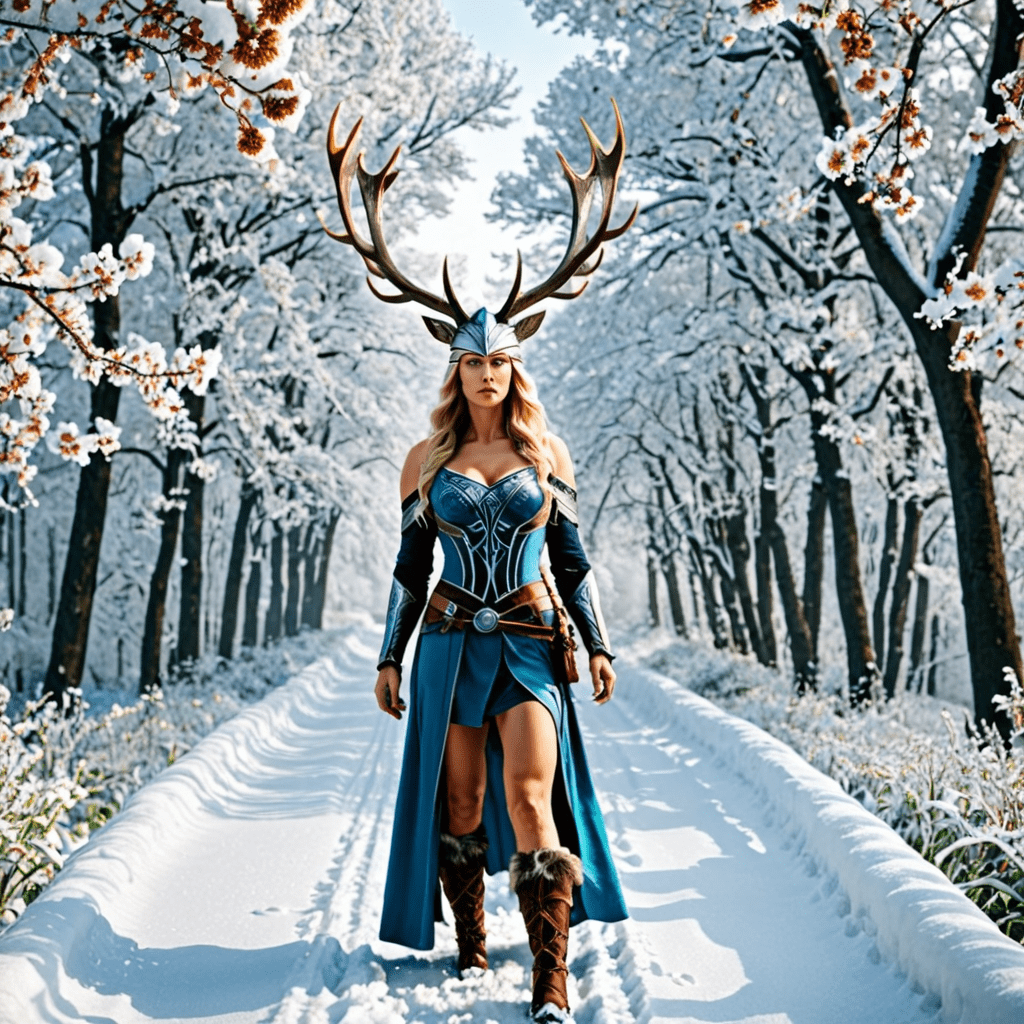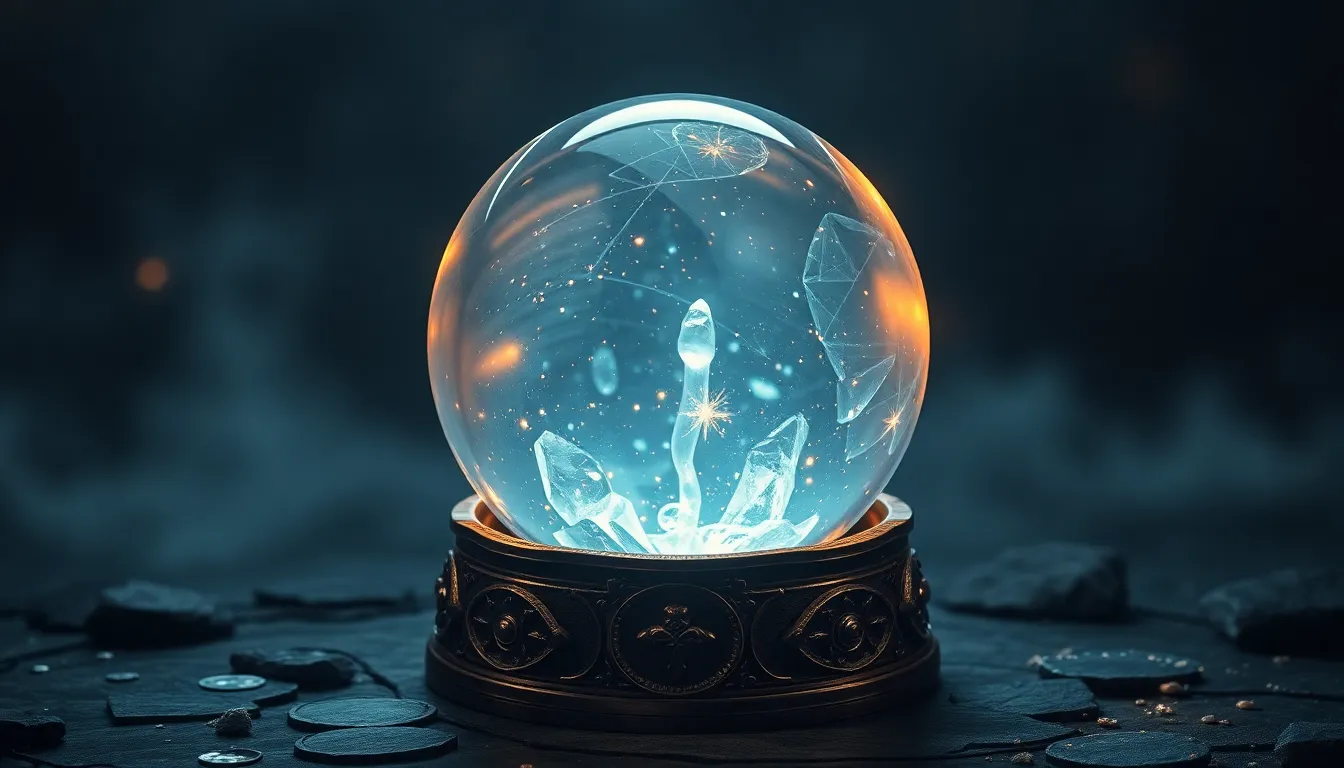Cultural Heroes: The Myths That Embody Our Aspirations
I. Introduction
Cultural heroes are figures that emerge from the collective imagination of a society, representing ideals, values, and aspirations. They can be historical figures, mythological characters, or contemporary icons that resonate deeply with the cultural identity of a community. Myths serve as a powerful tool for shaping these heroes, helping societies articulate their beliefs and aspirations.
This article explores how cultural heroes reflect our values and aspirations, examining the role of myths in shaping cultural identity, the characteristics of these heroes, and their evolution into the modern era. By analyzing various cultural heroes across different societies, we can gain a deeper understanding of how they inspire individuals and communities alike.
II. The Role of Myths in Shaping Cultural Identity
Myths are traditional stories that serve to explain natural or social phenomena, often involving supernatural beings or events. Their functions include:
- Explaining the origins of a culture.
- Transmitting values and ethical guidelines.
- Providing a sense of identity and belonging.
Throughout history, civilizations have developed foundational myths that resonate with their cultural context. For example, the Greek hero Hercules embodies strength and perseverance, while the legend of King Arthur reflects ideals of chivalry and leadership. These myths have been integral in shaping the cultural landscape of their respective societies.
III. Characteristics of Cultural Heroes
Cultural heroes often share common traits that make them relatable and aspirational figures:
- Bravery: They confront challenges and dangers head-on.
- Exemplary morals: They often embody the ethical standards of their culture.
- Transformation: They undergo significant personal growth, evolving from ordinary individuals to extraordinary figures.
The journey of the hero typically involves facing moral and ethical dilemmas, which adds depth to their character. These dilemmas often reflect the struggles and conflicts within society, allowing individuals to relate their personal experiences to the hero’s journey.
IV. Cultural Heroes Across Different Cultures
Examining cultural heroes across various societies reveals both unique and universal characteristics. In indigenous cultures, heroes may embody a deep connection to nature and spirituality, while in modern societies, heroes often reflect contemporary issues such as social justice and equality.
For instance, the Epic of Gilgamesh presents a hero who grapples with mortality and friendship, while modern superheroes like Spider-Man and Wonder Woman tackle contemporary themes of responsibility and empowerment. These comparisons highlight how geography and history influence the development of cultural heroes.
V. The Evolution of Cultural Heroes in the Modern Era
The transition from traditional heroes to contemporary figures is marked by significant changes in societal values and perspectives. The impact of media and technology has transformed how heroes are represented:
- Heroes are increasingly portrayed as flawed individuals, reflecting real human struggles.
- Representation of diverse backgrounds is becoming more prevalent, allowing a broader audience to connect with hero narratives.
Modern cultural heroes include activists like Malala Yousafzai, athletes like Serena Williams, and fictional characters like Black Panther, who resonate with contemporary issues and aspirations.
VI. The Aspirational Nature of Cultural Heroes
Cultural heroes inspire individuals and communities by embodying values and aspirations that people strive towards. They serve as role models, demonstrating resilience, courage, and the pursuit of justice. The psychological impact of identifying with cultural heroes can lead to:
- Increased motivation to achieve personal goals.
- A sense of belonging to a larger community.
- Encouragement to engage in social change and advocacy.
Through their narratives, cultural heroes promote social change by challenging injustices and inspiring movements that reflect the collective aspirations of society.
VII. Critiques of Cultural Heroes
While cultural heroes are often idealized, this can lead to unrealistic expectations. The problem of hero worship can result in:
- Disappointment when heroes fail to meet these ideals.
- A tendency to overlook the importance of collective action over individual greatness.
Additionally, the emergence of anti-heroes and flawed heroes challenges traditional notions of heroism, offering alternative perspectives that resonate with the complexities of modern life.
VIII. The Future of Cultural Heroes
Emerging trends in hero narratives focus on diversity and representation, reflecting the changing dynamics of society. Social media plays a significant role in shaping new cultural heroes, allowing individuals to share their stories and experiences widely.
As we look to the future, predictions for the evolution of hero myths suggest:
- A continued emphasis on inclusivity and representation in hero narratives.
- Increased recognition of everyday heroes within local communities.
IX. Conclusion
Cultural heroes embody our aspirations, serving as reflections of our values and ideals. By understanding these figures, we can influence personal and societal growth, recognizing the qualities that make them significant. It is essential to foster these qualities in our everyday lives, encouraging resilience, courage, and a commitment to social justice.
X. References and Further Reading
For those interested in exploring the topic further, consider the following resources:
- Cultural Heroes: The Myths That Embody Our Aspirations – Book
- Understanding Myths and Cultural Identity – Academic Article
- Heroes and Anti-Heroes: A Cultural Perspective – Book



